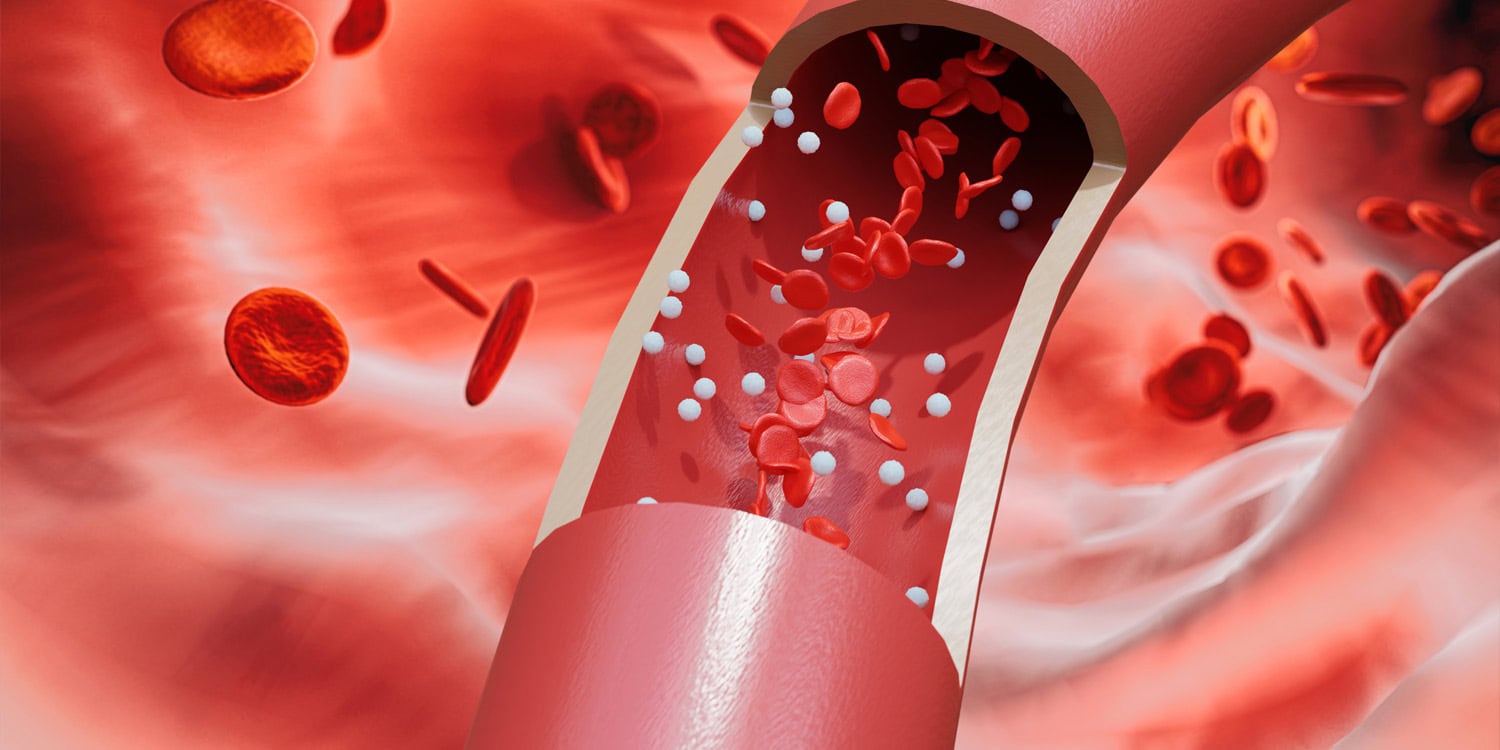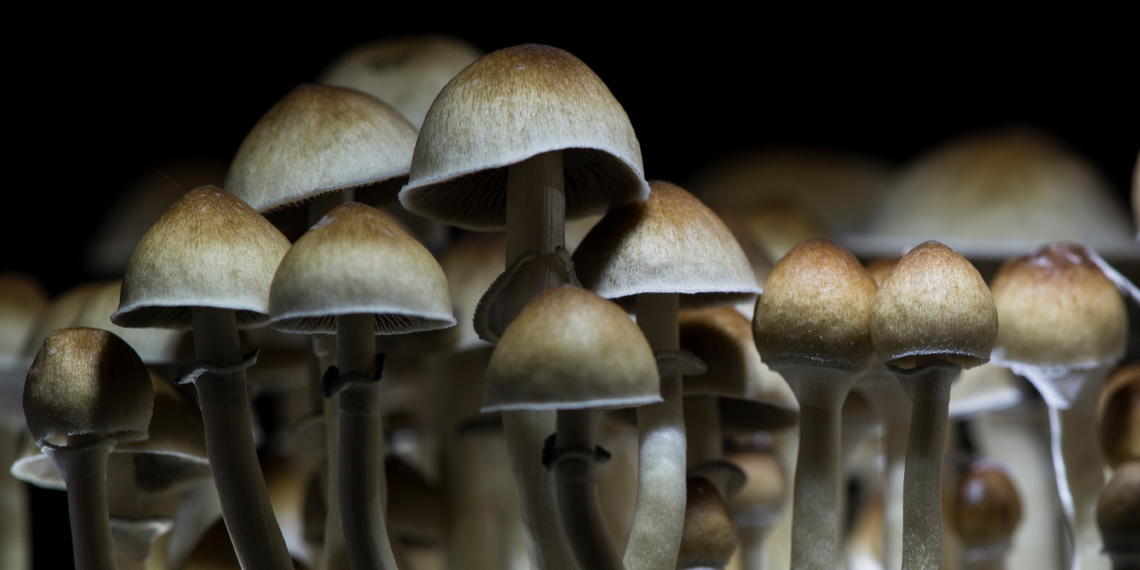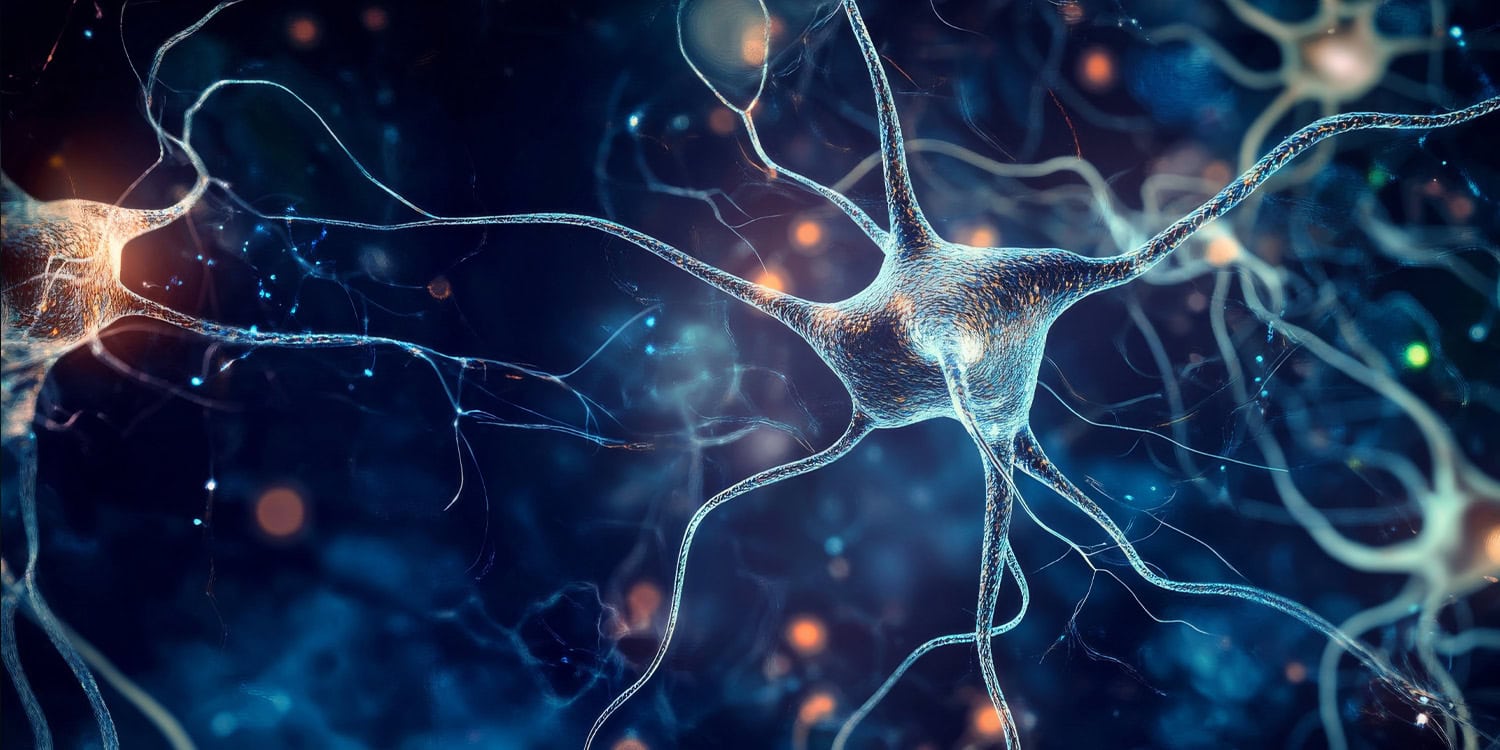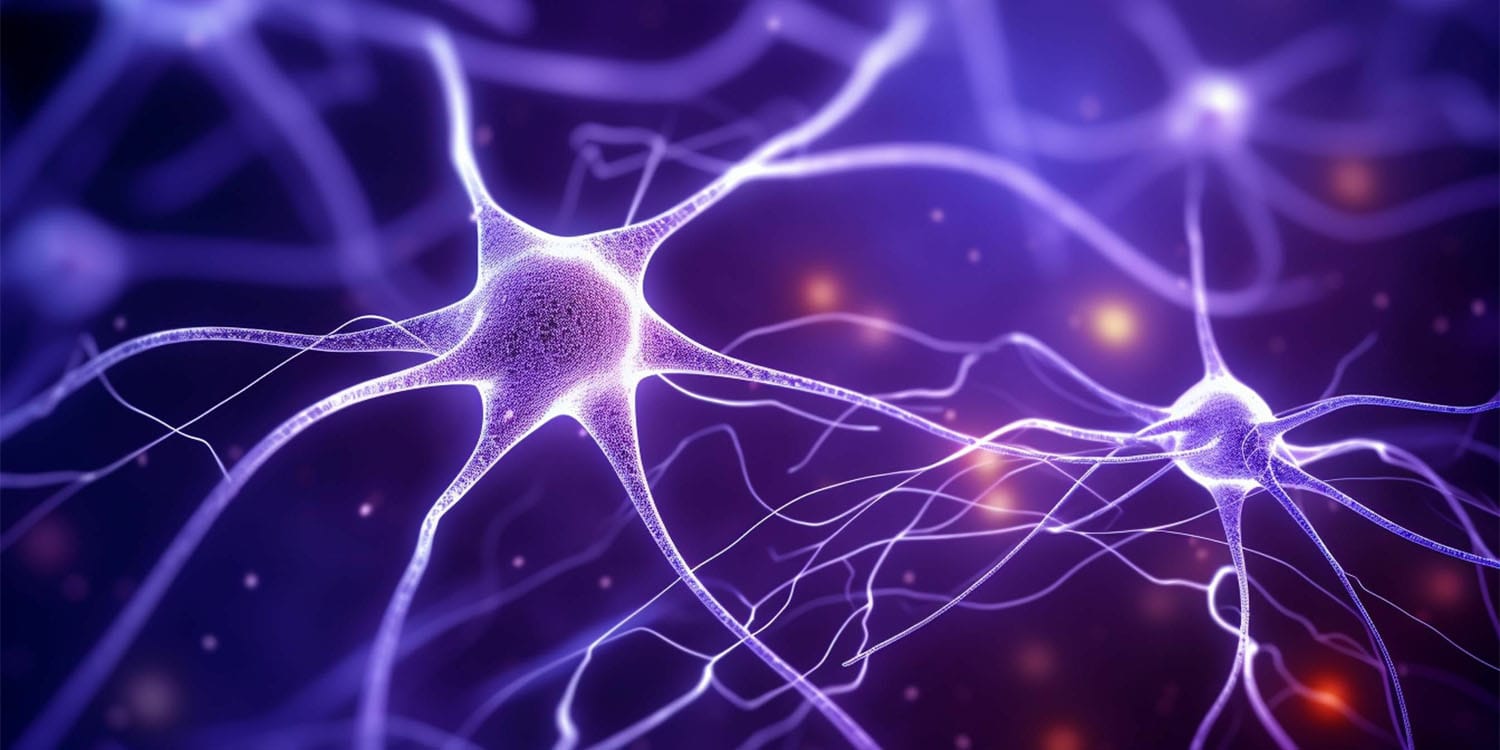New research published in the Journal of Applied Physiology suggests that erythritol, a popular sugar substitute, may negatively affect the cells lining blood vessels in the brain. In laboratory experiments, …
 Neuroscience
Neuroscience Neuroscience
NeuroscienceNew research published in the Journal of Applied Physiology suggests that erythritol, a popular sugar substitute, may negatively affect the cells lining blood vessels in the brain. In laboratory experiments, …
 Neuroscience
NeuroscienceA new study published in Nature Neuroscience has found that male and female mice rely on different brain circuits to process threatening situations, even though they behave in much the …
 Neuroscience
NeuroscienceA new study published in Molecular Psychiatry suggests that adversity experienced during late childhood is associated with accelerated changes in brain connectivity between cortical and subcortical regions. These neural changes …
 Neuroscience
NeuroscienceA new study published in Translational Psychiatry has provided the most detailed look yet at how psilocybin affects brain activity in rodents. Researchers found that psilocybin produces widespread changes in …
 Neuroscience
NeuroscienceStay informed on the latest psychology and neuroscience research—follow PsyPost on LinkedIn for daily updates and insights. New research published in Nature Neuroscience sheds light on how the brain filters …
 Neuroscience
NeuroscienceA new study published in Science has found that neurons in the brain do not follow a single strategy when learning. Instead, different parts of the same neuron—its upper and …
 Neuroscience
NeuroscienceA neuroimaging study conducted in China found that survivors of childhood trauma tend to have reduced cortical volume and surface area in the brain. Specifically, decreased surface area was identified …